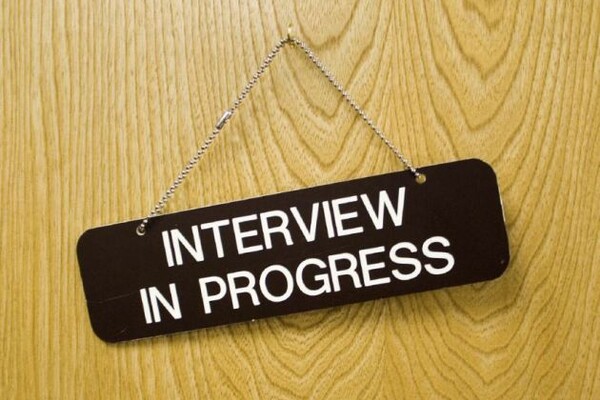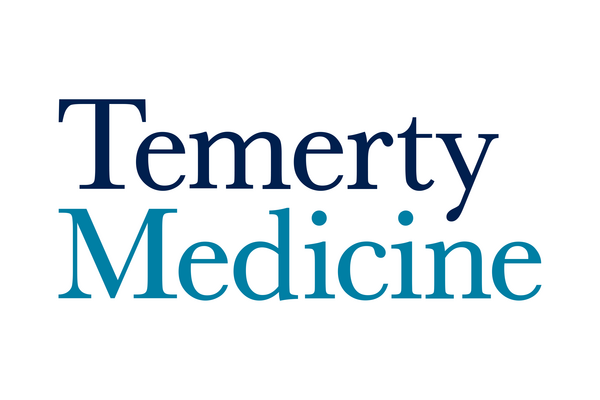Mobile Menu
- Why U of T?
- Apply
- Finances
- Resources
- Incoming Students
-
Med Blog
-
Top Application Tips
- Prerequisites: Why do you really need them?
- ABS and BPE – Creating a Compelling Narrative
- Autobiographical Sketch (ABS) - The Scholar Cluster
- Graduate Applicants
- One Size Does not Fit All
- Interview Days and the MPI
- Applying to Medical School: Hidden Costs and Budgeting Tips
- Brief Personal Essays and How they are Assessed
- Transition Tips
-
Top Application Tips
- Contact Us



